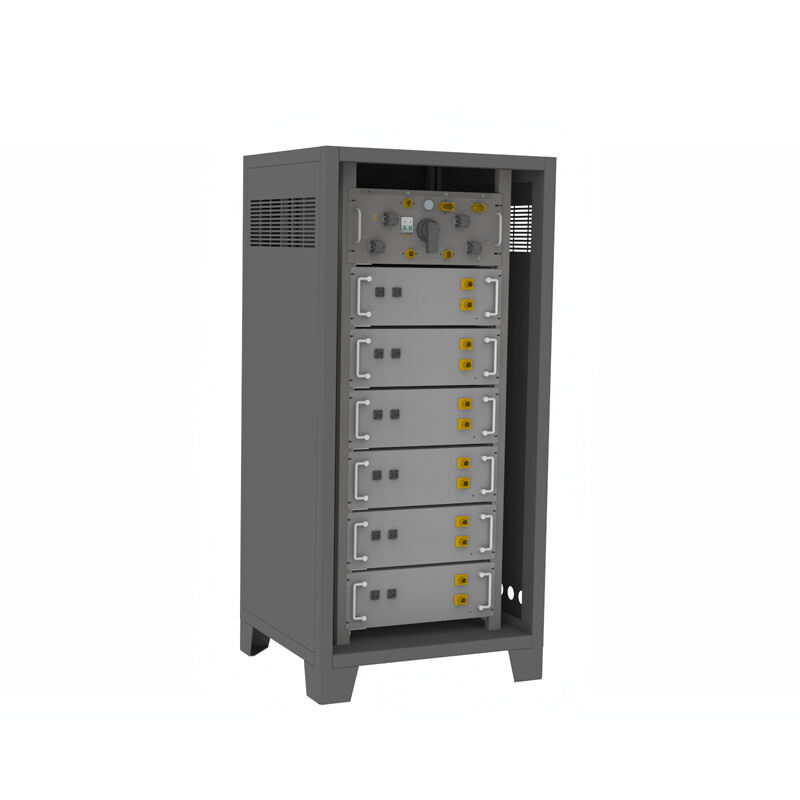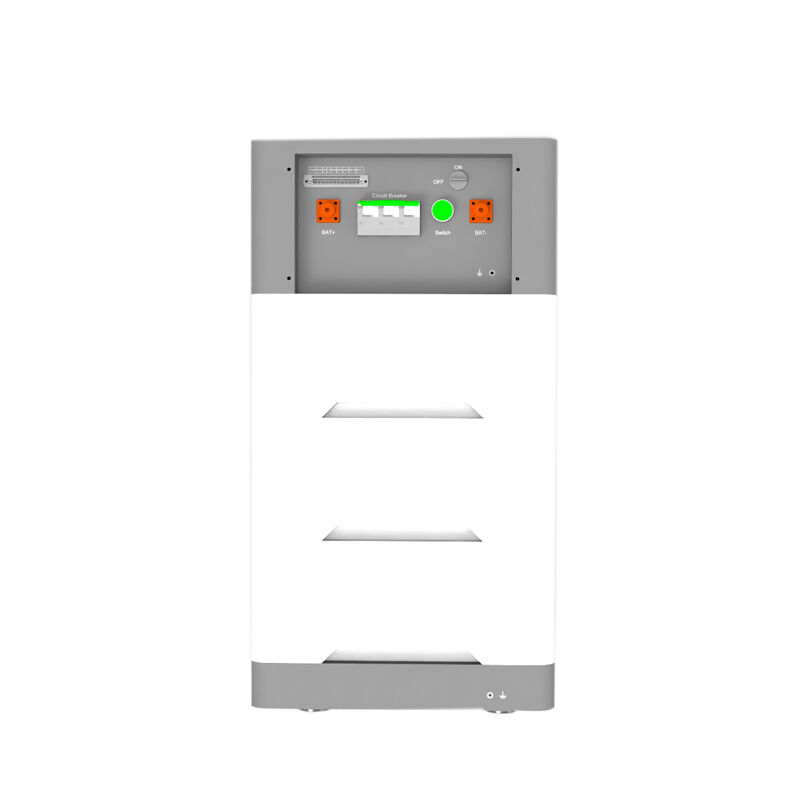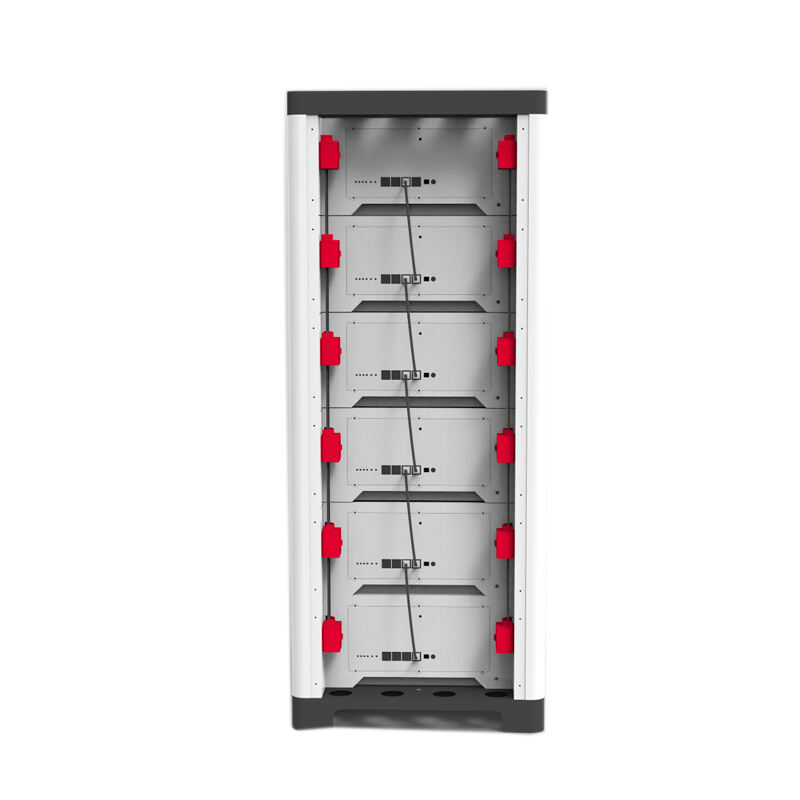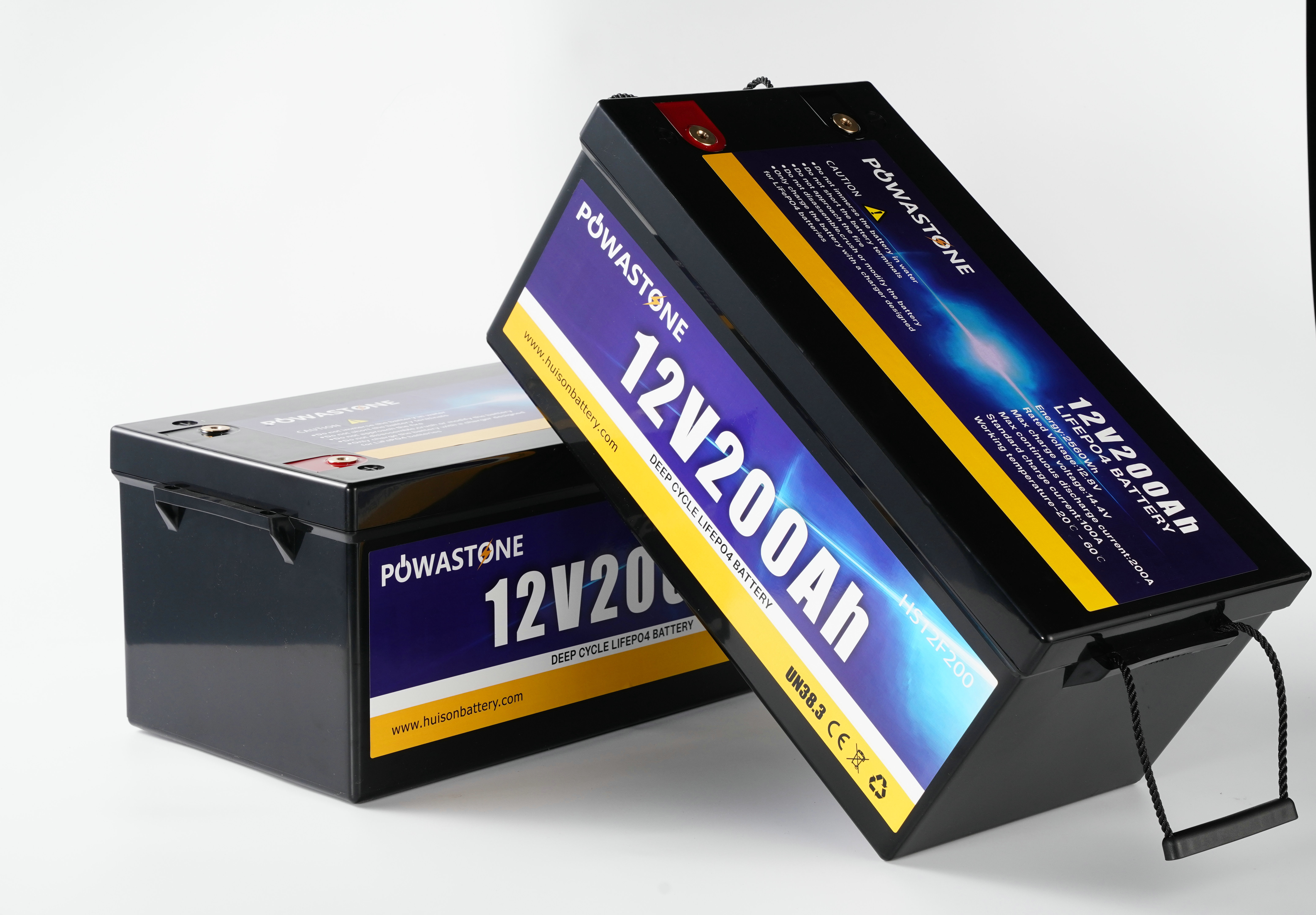What Role Do Inverters Play in Your Energy Storage Solutions
Across today’s energy scene, storage systems are key for homes and businesses alike. At the core of these setups sits the inverter, a device that optimizes energy flow and boosts efficiency. This post explains what inverters do in energy storage setups and why they matter for merging renewables, keeping the grid steady, and maximizing system performance.
What Inverters Do in Energy Storage Systems
Inverters take the direct current (DC) that solar panels generate or that batteries hold and turn it into alternating current (AC) that runs appliances and can be pushed back into the grid. This step is crucial since most devices and the grid itself run on AC. How well the inverter performs this change can make or break the overall success of an energy storage system.
Why Inverter Efficiency Matters
An inverter’s efficiency tells you how well it turns direct current (DC) power into alternating current (AC) power with minimal losses. When inverters work efficiently, they waste very little energy. This efficiency is key when you’re trying to get the most value from energy storage systems. Thanks to new technologies, many inverters today hit over 98% efficiency, meaning almost all the stored energy is put to good use.
Inverters and Renewable Energy
In the push for cleaner energy, inverters play a central role connecting renewable power sources to the grid. They convert the energy and also control how power moves between the grid and storage. Smart inverters, with their extra features, can talk to the grid and help direct power flow. This not only keeps the grid running smoothly but also supports programs like demand response, where energy use is adjusted for better efficiency and reliability.
Grid Stability and Inverter Functions
Inverters are essential for keeping the electrical grid stable. They can offer extra services like frequency regulation and voltage support. These services help keep the power supply steady and dependable. By changing their output based on grid conditions, inverters can stop blackouts and deliver a steady flow of power, especially when demand peaks.
Future Trends in Inverter Technology
The inverter market is set to expand rapidly, thanks to the growing use of renewable energy and energy storage. New designs, like multi-mode inverters, can work in both grid-connected and stand-alone modes. At the same time, adding artificial intelligence and machine learning will boost predictive maintenance, making energy storage systems more efficient and reliable.
To sum up, inverters are a key part of energy storage, converting power efficiently and helping to add renewable energy to the grid. As technology keeps advancing, inverters will play an even bigger role in the global energy systems of tomorrow.















